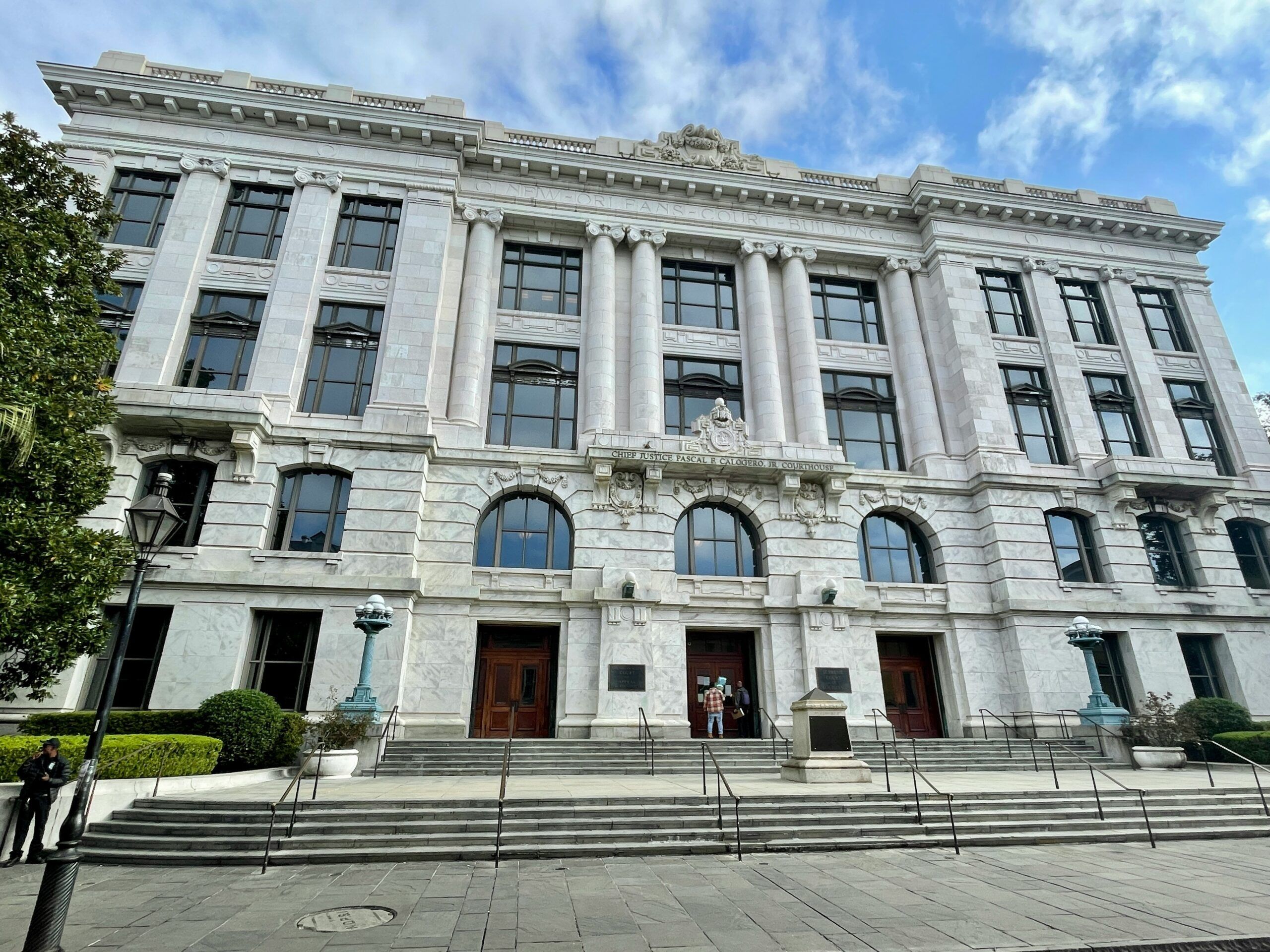Feature Article: The Ethics of Using Nonlawyer Assistants in Law Practice
Author: Dr. Michael H. Hoeflich
This article is featured in Volume 4, Number 6 of the Legal Ethics and Malpractice Reporter.
In recent years, there has been increasing interest in the ethical rules governing lawyers’ and law firms’ use of nonlawyer assistants. On June 7, 2023, the ABA Standing Committee on Ethics and Professional Responsibility added to the growing commentary on this subject with Formal Opinion 506, which explores the use of nonlawyers[1] to do client intake tasks.
The Opinion begins with a general statement:
Lawyers may train and supervise nonlawyers to assist with initial client intake tasks if the lawyers have met their obligations for management and supervision of the nonlawyers pursuant to ABA Model Rule of Professional Conduct 5.3 and prospective clients are given the opportunity to consult with the lawyers to discuss the matter.
Model Rule 5.3 requires lawyers who are partners or managers in a firm to ensure that the firm has policies that assure a nonlawyer’s conduct is “compatible” with the professional and ethical obligations of the lawyer. The Opinion notes that for-profit law firms often use nonlawyers to do relatively complex tasks:
…for-profit law firms have offered limited scope online legal services that provide website intake questions, a menu of available limited scope legal document completion services (such as simple powers of attorney, LLC formation, property deed transfers, and name changes), a conflict checking algorithm, and then “click-to-accept-terms” engagement agreements. Delegating initial client intake to nonlawyers also is common in mass tort and class action practices. There, trained intake personnel may check for conflicts of interest, collect basic information from prospective plaintiffs or class members for lawyers to ascertain their eligibility to make a claim, and explain how fees and costs are charged in such cases. If the prospective client meets the eligibility criteria and specifics set forth by the lawyers, then the intake personnel send the prospective clients the standard fee agreement for consideration.
While acknowledging the many benefits of using nonlawyers for these tasks, the Opinion urges, “Without proper policies, training, and supervision in place, this delegation could lead to ethical violations and unfortunate consequences for clients and lawyers.”
The Opinion focuses on two critical provisions of the Model Rules when analyzing the risks of using the assistance of nonlawyers: Rules 1.4 and 1.5. Rule 1.5(b) requires lawyers to communicate to their clients the:
scope of the representation and the basis or rate of the fee and expenses for which the client will be responsible… preferably in writing, before or within a reasonable time after commencing the representation, except when the lawyer will charge a regularly represented client on the same basis or rate.
Rule 1.4(b), as summarized by the committee, requires that:
a lawyer communicate with clients and provide the clients, to the extent reasonably necessary, with explanations that allow the clients to make informed decisions regarding their representation.
The Opinion notes that some of these communication duties “also apply in the context of explaining fee agreements to prospective clients” and deems waiting until after engagement to explain a matter to the extent reasonably necessary to permit the client to make informed decisions regarding the representation “imprudent.”
This analysis suggests that relying on nonlawyers to communicate specifics about the scope and terms of engagement is, at the very least, risky. However, the Opinion states that, with proper policies, training, and supervision,
a lawyer may delegate…answering general questions about the fee agreement or process of representation, and even obtaining the prospective client’s signature on the fee agreement as long as the prospective client is offered an opportunity to communicate with the lawyer to discuss the matter.
Of course, if a lawyer or law firm does permit nonlawyers to perform such tasks, the delegation does not insulate the lawyer or law firm from continuing responsibility for ethical breaches by a nonlawyer. Rule 5.3 imposes such liability on lawyers in such situations.
In addition to the various risks outlined above, lawyers and law firms who make such delegations to nonlawyers must also be careful that such delegations do not violate unauthorized practice of law rules in the jurisdictions in which they practice. Model Rule 5.5 prohibits lawyers from assisting others in the unauthorized practice of law. Thus, when using nonlawyers, even within a law firm context, the law firm must be certain that the tasks assigned to the nonlawyers do not involve unauthorized practice to avoid violating the requirements of Model Rule 5.5.
Formal Opinion 506 does not directly deal with what is currently the most-discussed question about legal ethics and practice management: the use of AI. One use that AI service providers have touted is law firm client intake. There seems to be little doubt that the use of an AI program to provide services to clients would constitute the use of a “nonlawyer assistant” under the Rules. Thus, it seems quite likely that Formal Opinion 506 will apply to the use of AI nonlawyer assistance for client intake tasks. However, the practical reality of how to train AI programs in the Rules of Professional Responsibility and supervise their client intake activities is a question that must be resolved; and its resolution may prove more difficult than applying the Rules to human assistants.
While Formal Opinion 506 is an important guide to using human nonlawyer assistance in client intake, additional thought and discussion is needed when applied to non-human, nonlawyer assistance.
References:
- As in Formal Opinion 506, the term “nonlawyer” is used throughout this article, consistent with the term as used in Rule 5.3, to include all law firm employees, agents, contractors, and vendors who are not licensed lawyers (or otherwise authorized to practice law) but work under the supervision of a licensed lawyer including, for instance, paralegals, legal assistants, case managers, firm administrators, intake staff, and clerks.
READ THE FULL ISSUE OF LEMR, Vol. 4, No. 6
About Joseph, Hollander & Craft LLC
Joseph, Hollander & Craft is a mid-size law firm representing criminal defense, civil defense, personal injury, and family law clients throughout Kansas and Missouri. From our offices in Kansas City, Lawrence, Overland Park, Topeka and Wichita, our team of 25 attorneys covers a lot of ground, both geographically and professionally.
We defend against life-changing criminal prosecutions. We protect children and property in divorce cases. We pursue relief for clients who have suffered catastrophic injuries or the death of a loved one due to the negligence of others. We fight allegations of professional misconduct against medical and legal practitioners, accountants, real estate agents, and others.
When your business, freedom, property, or career is at stake, you want the attorney standing beside you to be skilled, prepared, and relentless — Ready for Anything, come what may. At JHC, we pride ourselves on offering outstanding legal counsel and representation with the personal attention and professionalism our clients deserve. Learn more about our attorneys and their areas of practice, and locate a JHC office near you.












